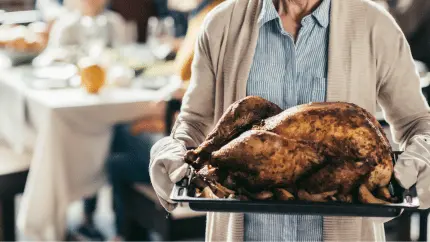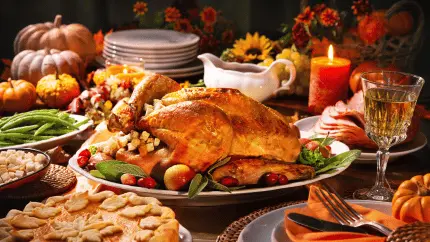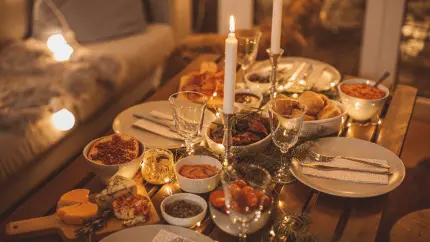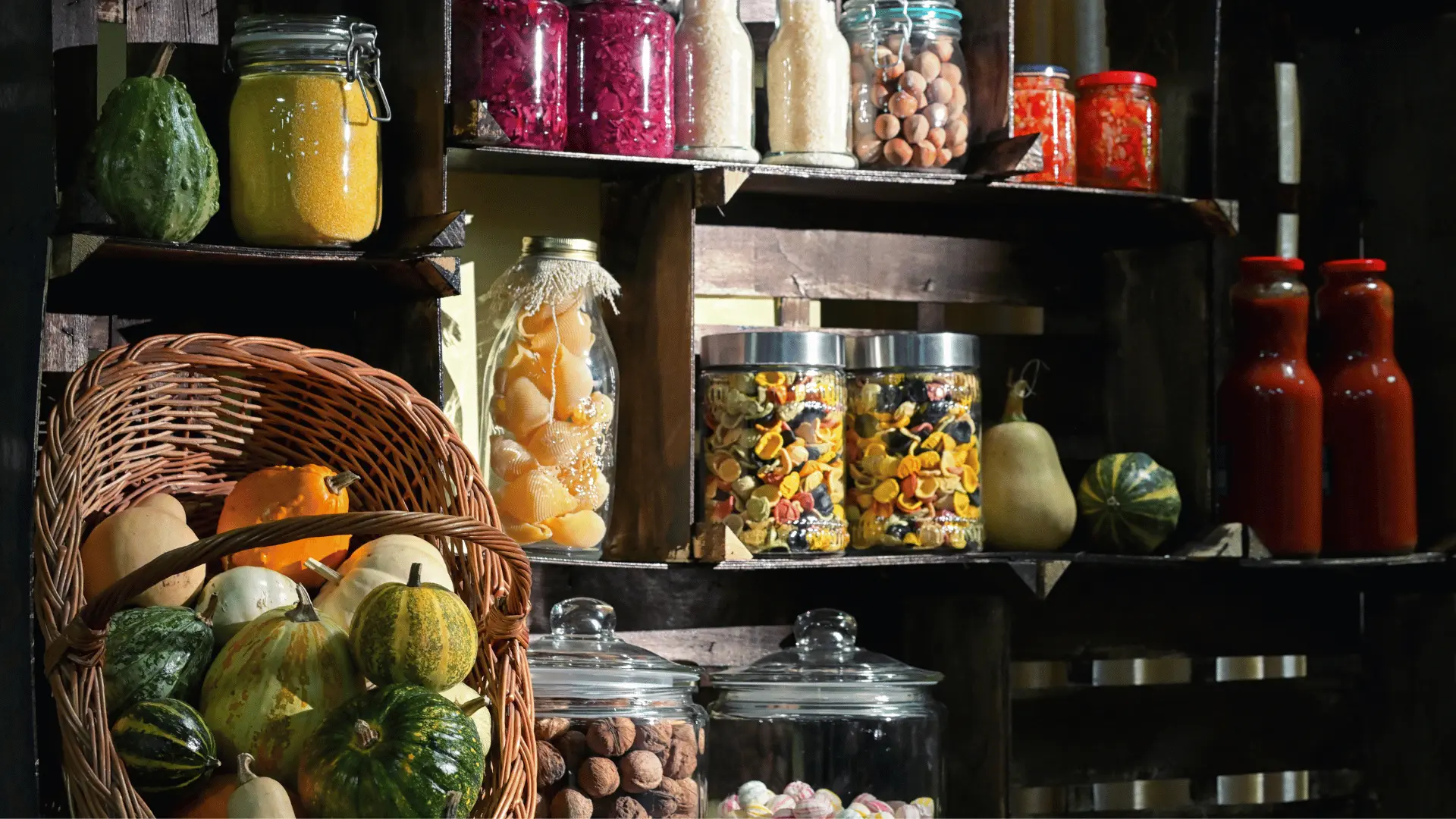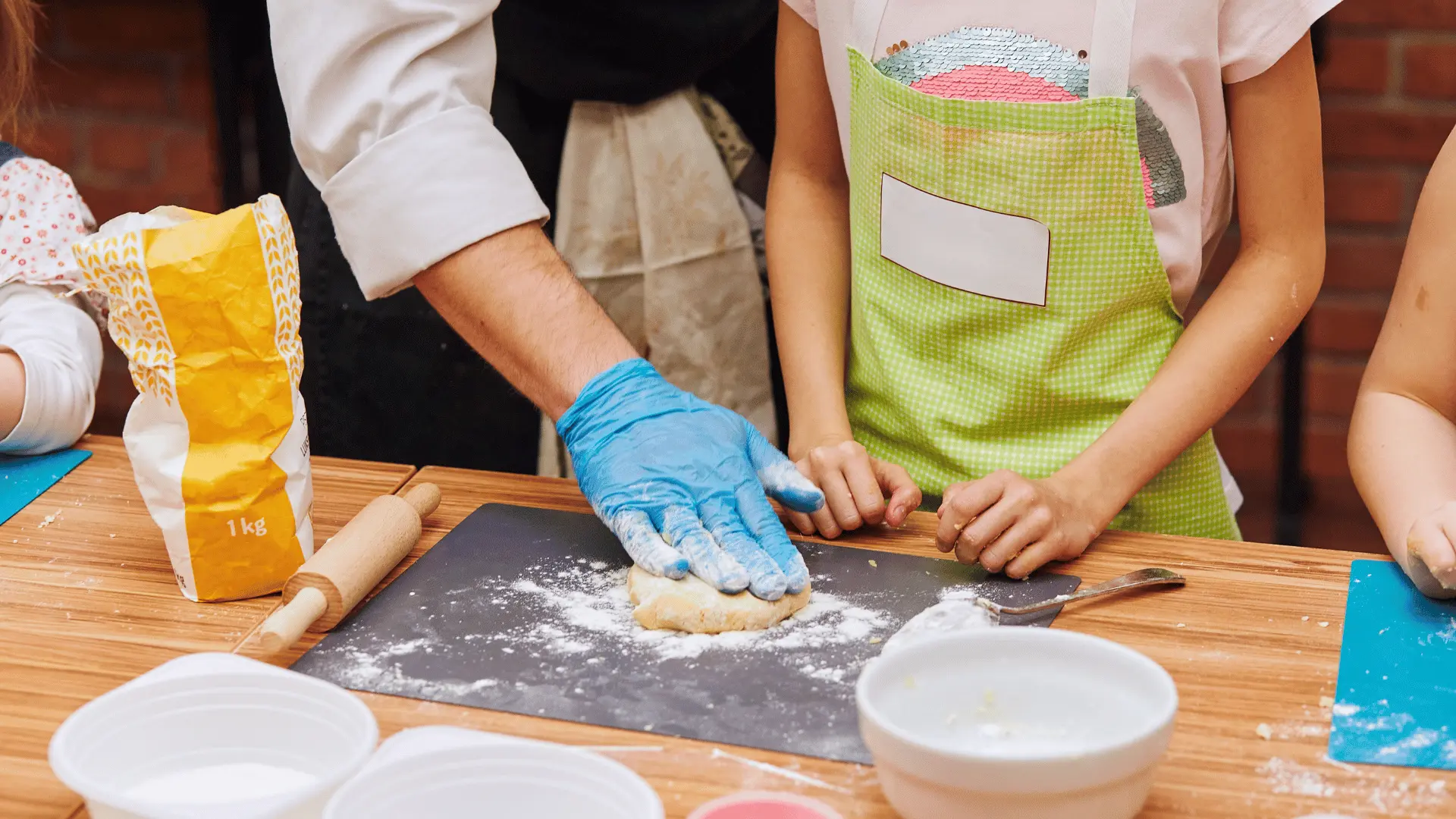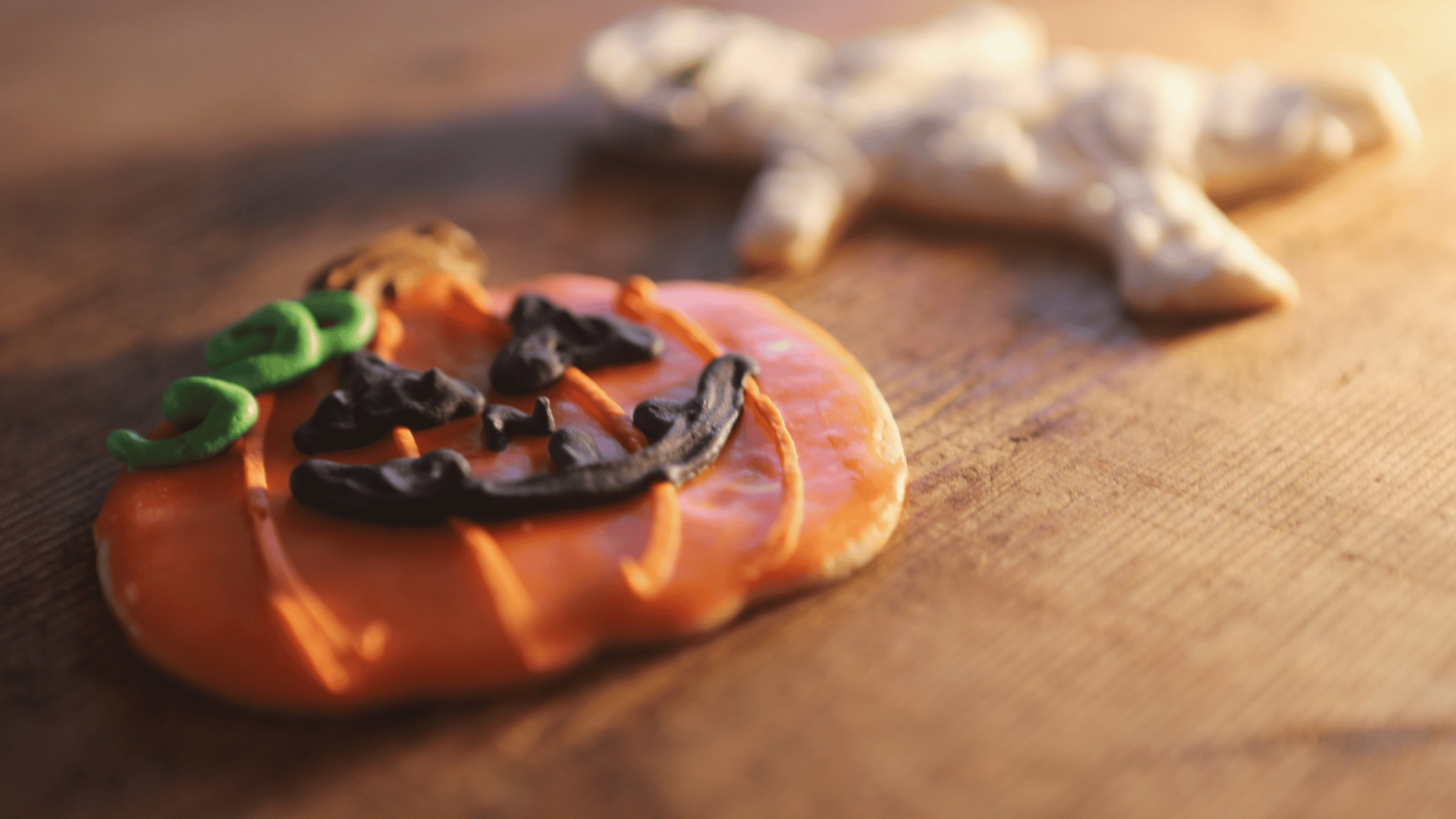
How to Turn Halloween Treats Into Family Memories
Halloween might look like a holiday built on costumes and candy bags, but the truth is, it’s often the food traditions that stick with us. Sticky caramel apples, bowls of popcorn balls, trays of ghost-shaped cookies cooling on the counter—these are the Halloween treats that turn into family memories. When you pause to savor and preserve them, they become part of your family story, not just one night of sugar-fueled fun.
We’ve seen how seasonal recipes carry weight far beyond their ingredients. Halloween recipes, in particular, are playful, creative, and rooted in tradition. They’re the kinds of dishes that kids ask about as adults—“Remember when Mom used to make…” or “Did Grandma always add sprinkles to her ghost cookies?” That’s why learning how to turn Halloween treats into family memories matters. Here’s how to do it.
1. Make Treats Together
The first step in turning Halloween food into memory is to involve everyone. Kids love scooping, stirring, decorating, and even making a mess. Baking sugar cookies shaped like pumpkins or rolling popcorn balls isn’t just about the result—it’s about the experience of being in the kitchen together. Families that cook together often remember the laughter, flour-dusted countertops, and sticky fingers long after the last cookie is eaten.
2. Add Creative Twists
Every family has their spin. Some make caramel apples dipped in crushed peanuts, others roll them in colorful sprinkles or drizzle with chocolate. Ghost cookies can wear silly faces, and cupcakes can transform into monsters with candy eyes. Adding creativity makes each year’s treats unique—and those variations become part of the memory. Ask your kids or relatives for ideas and let the tradition evolve with your family.
3. Pair Recipes with Rituals
Food traditions become powerful when tied to rituals. Maybe your family roasts pumpkin seeds right after carving jack-o’-lanterns, or always sips hot cider while decorating cookies. Linking recipes to specific activities creates anchors for memory. Years later, your family won’t just remember the taste of the treats—they’ll recall the cozy ritual that surrounded them.
4. Capture the Stories Behind the Recipes
Ask questions as you bake: Who first made this recipe? Was it a family tradition, or something that started one year on a whim? For example, maybe Grandma first made popcorn balls in the 1960s, or maybe you adapted a recipe you found online into your own signature Halloween cupcakes. Recording those stories adds depth, making recipes more than instructions—they become heirlooms.
5. Document with Photos and Video
We take plenty of costume photos on Halloween night, but don’t forget the kitchen. Snap pictures of sticky hands dipping apples, trays of cookies mid-decorating, or kids proudly holding their creations. Even better, film short clips of the process—the bubbling caramel, the laughter, the proud taste-test. These small snapshots carry the atmosphere of Halloween more than posed portraits ever could.
6. Embrace Imperfection
The best family food memories often come from imperfections. The caramel that hardened too quickly, the ghost cookies that looked more like blobs, the popcorn balls that fell apart on the tray—those stories become legend. Instead of chasing perfection, embrace the fun of the process. Years later, those “failures” are usually the moments everyone remembers most fondly.
7. Create Keepsakes from Recipes
Handwritten recipe cards, stained with sugar or cocoa, are treasures in themselves. Photograph or scan them to preserve not just the instructions, but the personality captured in the handwriting. Add notes about variations or funny stories from that year (“Remember when the dog stole a caramel apple off the table?”). Over time, your Halloween recipes turn into a living scrapbook of family memories.
8. Preserve Recipes Digitally
Paper cards fade and photos get lost. To make sure Halloween traditions live on, save them in a digital family cookbook. With Recipe Memory, you can upload recipes, photos, and even videos or audio clips of loved ones sharing the backstory. Imagine your kids scrolling one day to find not just the popcorn ball recipe, but also a video of them at age seven helping stir the syrup. That’s how seasonal treats become lasting heirlooms.
9. Share with Extended Family
Halloween recipes are perfect for collaboration. Share them with cousins, siblings, or grandparents so they can contribute their own variations. One branch of the family may always add candy corn to cookies, while another swears by a special fudge recipe. Combining them into a digital cookbook ensures the full spectrum of your family’s Halloween traditions gets preserved.
10. Pass It On
The ultimate goal of preserving Halloween recipes is to pass them on. When kids grow up and move out, being able to make caramel apples or ghost cookies just the way they did at home keeps family close, no matter the distance. Food becomes a bridge between generations, carrying tradition into the future.
Examples of Halloween Treats Worth Preserving
Looking for inspiration? Here are a few recipes that have stood the test of time as family favorites:
- Caramel Apples: Sticky, glossy, and endlessly adaptable.
- Popcorn Balls: A retro favorite that still delights kids and adults alike.
- Ghost Sugar Cookies: Iced and decorated, sometimes more silly than spooky.
- Pumpkin Cupcakes with Cream Cheese Frosting: A seasonal twist that bridges Halloween and Thanksgiving.
- Roasted Pumpkin Seeds: The snack that turns carving night into a kitchen ritual.
Why It Matters
Halloween treats aren’t just food—they’re moments. They’re the memories of carving pumpkins with your siblings, licking frosting from your fingers, and sneaking an extra cookie before trick-or-treating. By preserving those recipes and the stories behind them, you ensure they become part of your family’s story. Long after the candy bags are empty, it’s the laughter, smells, and tastes of the kitchen that remain.
Key Takeaway
Turning Halloween treats into family memories is about more than baking—it’s about connection. Cook together, capture the stories, document the moments, and preserve it all in a digital family cookbook. Because when you save the recipes, you’re saving more than sugar—you’re saving the joy, creativity, and tradition that make Halloween unforgettable.
Love what you’re reading?
Join Recipe Memory today to save your favorite recipes, plan meals with ease, and create smart grocery lists ...all in one place.
